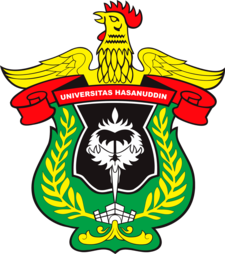Delegation of the Urban and regional Planning Department took part in the Sakura Science Exchange Program 2023
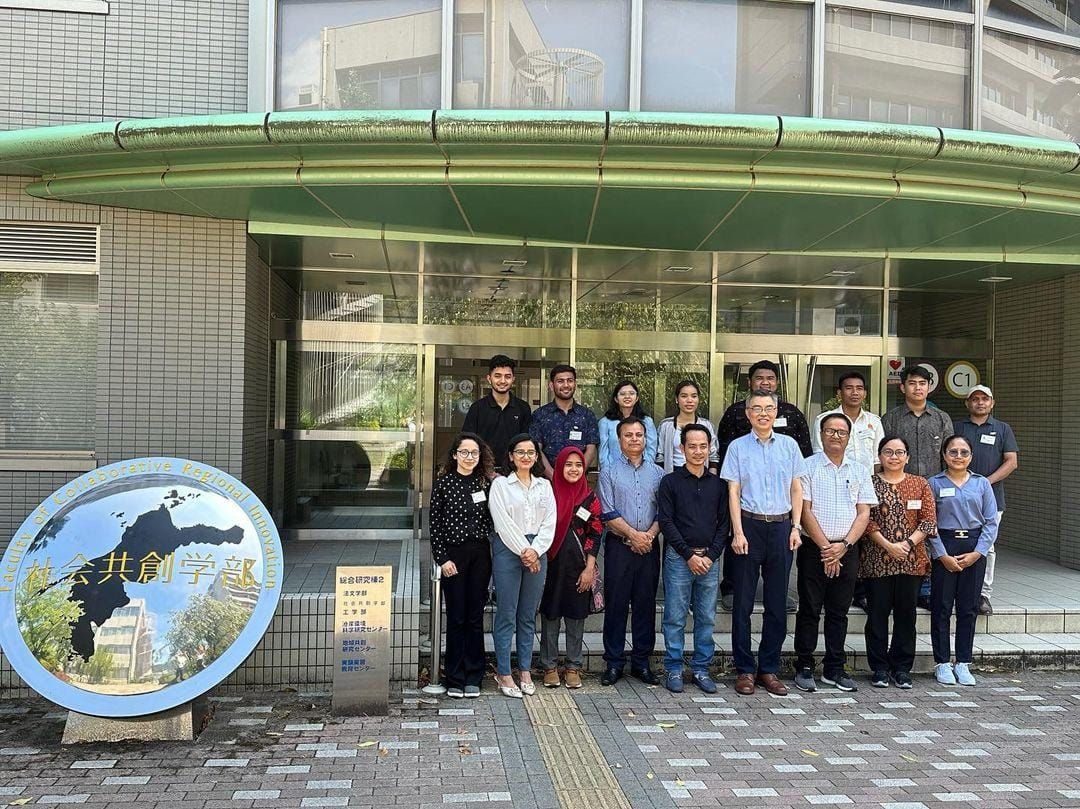
After a hiatus in 2020-2022 due to the Covid-19 pandemic, the Sakura Science Exchange Program (SSEP) will be held again on July 30 2023. This program is funded by the Japan Science and Technology Agency (JST). SSEP is a form of activity to support the achievement of Unhas becoming a World Class University. This activity is based on a collaboration between Hasanuddin University and Ehime University, Japan, which acts as the organizer of the activity. Prof. Netra Prakash Bhandary as the person responsible for the activity explained that this activity was an opportunity to exchange information and knowledge between Japan, Indonesia, Nepal and Cambodia regarding disasters and disaster mitigation. Apart from that, this activity provides participants with experience regarding disaster management efforts and it is hoped that in the future they will become disaster management leaders in their respective countries.
PWK Unhas Department has participated in this program 4 times. Apart from PWK Unhas representing Indonesia, other participants involved came from Tribhuvan University Institute of Engineering (Nepal), Institute of Crisis Management Studies (Nepal), and Royal University of Phnom Penh (Cambodia). PWK delegated a team consisting of Assistant Lecturers, namely Marly Valenti Patandianan, ST., MT., Ph.D and PWK Masters Study Program students: Ichsan Caesar Pratama, Jaynart Hizkia Papalangi, and Andi Nada Zahirah. On this occasion, the PWK team took part in various activities held in the cities of Matsuyama, Hiroshima and Kisarazu, Chiba.

Sakura Science Exchange Program 2023 has the theme "A Workshop Training on Fundamentals of Water-induced Disasters and IoT in Disaster Risk Reduction Science and Technology". The activity began with an explanation of the program orientation and continued with a lecture by Prof. Netra Prakash Bhandary on day 2 related to disasters such as the basics of disaster science, disaster mitigation, and landslides and earthquakes in Japan. Participants were also welcomed with a welcome party by Ehime University. Next, the participants made a site visit to the city of Hiroshima to see the area where the atomic bomb exploded and the Hiroshima Peace Memorial Museum. The aim of the field visit was to see firsthand the historical evidence of the effects of the bomb explosion and to become a symbol of humanity's hope for world peace. In Hiroshima, participants also carried out site visits to locations hit by landslides in 2014 and saw a disaster management model in the form of the Sabo Dam in Asa-Minamiku, Yagi District.
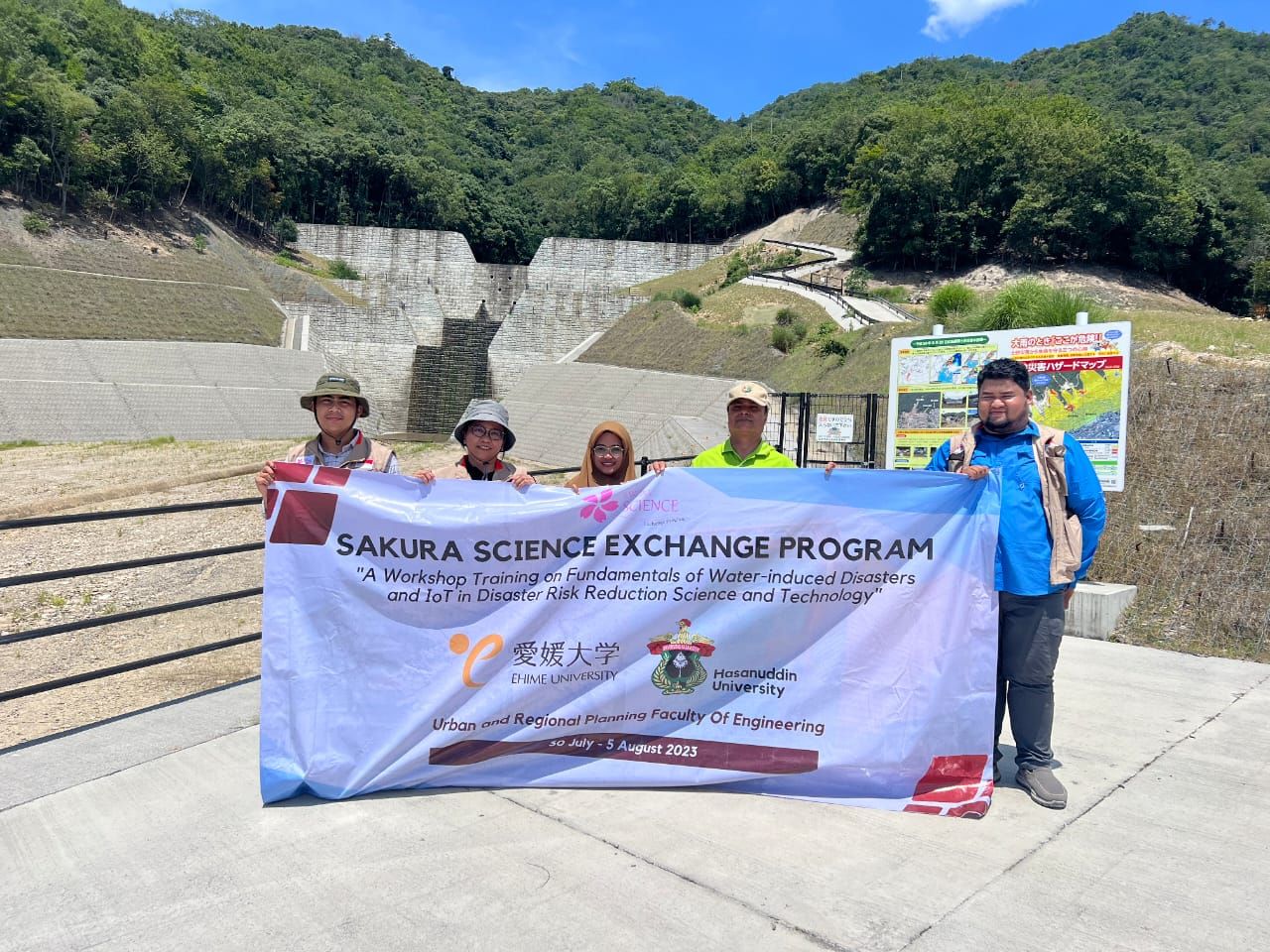
On the fourth day, participants took part in a Workshop on the use of IT and IoT for realizing smart cities at the National Institute of Technology, Kisarazu College guided by Prof. Achyut Sapkota. Also on this occasion, each state delegation was given the opportunity to explain the model of disaster management in each country. PWK Unhas presented the Banjir Bandang Disaster in Masamba District, Kab. North Luwu, start from the chronology of the disaster to the role of stakeholders in disaster management.
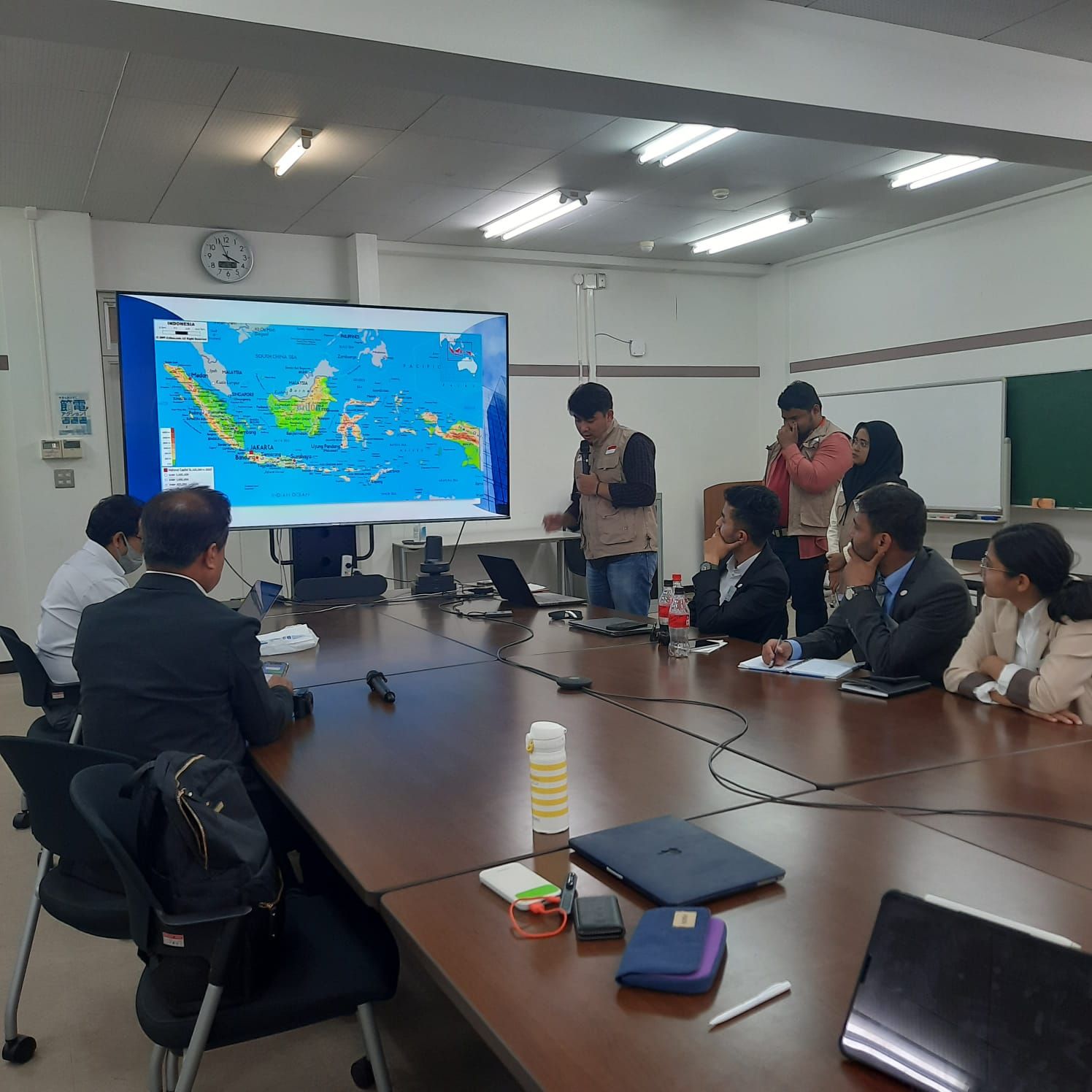
PWK Unhas presented disaster at Masamba and discussed about what kind of mitigation models can be adapted from disaster mitigation in Japan. Forward, I hope that PWK Unhas can still take part in this activity every year, apart from being able to add to it references about disasters, can also establish relationships between lecturers and students in international scope”, said Ms. Marly Patandianan. The activity was closed by the Dean of the Faculty of Collaborative Regional Innovation, Ehime University and then submission activity certificates to all participants. The activity ends on August 5, 2023.
Latest News
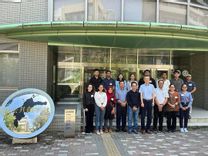 Delegation of the Urban and regional Planning Department took part in the Sakura Science Exchange Program 2023
Delegation of the Urban and regional Planning Department took part in the Sakura Science Exchange Program 2023 2023-08-31T04:05:25.000Z
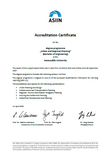 PWK Department received the ASIIN Certificate
PWK Department received the ASIIN Certificate 2023-04-11T19:07:10.000Z
 The Prime PWK Masters Study Program Successfully Issued Master's Graduates
The Prime PWK Masters Study Program Successfully Issued Master's Graduates 2022-08-25T16:34:11.000Z
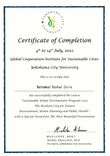 PWK students take part in the Sustainable Urban Development Program Course organized by Yokohama City University (YCU)
PWK students take part in the Sustainable Urban Development Program Course organized by Yokohama City University (YCU) 2022-08-11T17:43:10.000Z
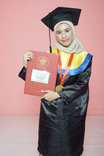 PWK students become the Best Graduates of the Undergraduate Program at the University Level
PWK students become the Best Graduates of the Undergraduate Program at the University Level 2022-07-24T19:50:30.000Z
- more_horiz
